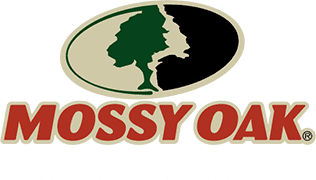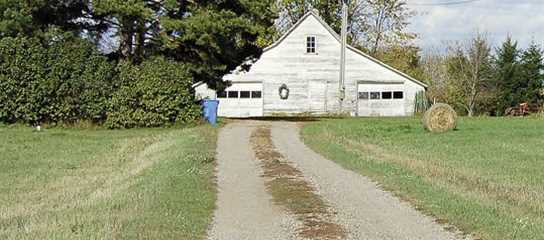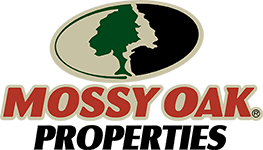Planning for Your Land’s Future
Many landowners put off making decisions about what happens to their property after they pass away. The confusion around estate, will, and trust options often leaves property owners unsure about the best way to protect their land legacy. Most people want their land to pass smoothly to their loved ones without legal complications or tax burdens.
Mossy Oak Properties works with clients daily who face decisions about buying or selling land that connects directly to their estate planning goals. While our team focuses on land transactions rather than legal advice, we see firsthand how the right planning creates smooth transitions of property between generations. The right approach for your situation depends on your specific goals for your land and family.
What an Estate Means for Landowners
Your estate includes everything you own when you die, from bank accounts and personal items to your most valuable assets, like farms that you purchased or inherited. For most rural landowners, their property represents the largest portion of their estate by value, whether it is timberland, agricultural fields, or recreational hunting grounds.
The size and type of your land holdings directly impact potential tax obligations and transfer complexities your heirs might face. A 50-acre recreational property involves different considerations than a working 500-acre farm with equipment and livestock. Understanding what makes up your estate helps you plan appropriately for its eventual inheritance or sale.
Using a Will to Transfer Land
A will specifies who gets your property after death and provides instructions about how your property should be distributed. Upon your passing, your will becomes subject to probate. The court process that authenticates the document and oversees the distribution of your assets can sometimes delay property transfers by months or even years.
Many Mossy Oak clients update their wills after purchasing land to align their property titles with their inheritance wishes. Clear documentation about property boundaries, access rights, and mineral rights helps prevent future disputes among heirs. Your will should spell out exactly how you want your land divided or transferred.
Trusts: A Tool for Land Transfers
A trust creates a legal arrangement in which a trustee holds and manages your property for designated beneficiaries, allowing for direct property transfers without the need for probate court proceedings. This option works well for complex estates with multiple heirs or when you want specific conditions placed on how the land is used or managed after your death.
Landowners can choose between revocable trusts, which allow changes during their lifetime, and irrevocable trusts, which provide tax advantages and asset protection but cannot be easily modified. Setting up a trust for your land requires legal expertise, but it can simplify the transfer process and potentially reduce estate taxes, depending on your situation.
Estate vs Will vs Trust: Key Differences for Land Transfers
The method you choose for transferring land affects everything from transfer speed and privacy to cost and control. Each option serves a distinct purpose in your overall plan for passing down property or ensuring it gets sold according to your wishes.
| Aspect | Estate | Will | Trust |
|---|---|---|---|
| Definition | All property and assets owned at death | A legal document directing who inherits property | Legal arrangement for direct land transfer |
| Court Involvement | Passes through probate without planning | Requires probate court approval | Bypasses probate for faster transfers |
| Privacy | Becomes public record during probate | Becomes public record once filed with the court | Keeps land transfers private |
| Cost | No setup costs but potential tax exposure | Inexpensive to create but probate fees apply | Higher setup costs but potential long-term savings |
| Control After Death | None | Limited to instructions left in will | Ongoing management is possible through trustee |
| Timeline for Heirs | Months to years | Months for probate completion | Days to weeks for property access |
Property-Specific Planning Tips
Land requires special attention in estate planning because it cannot be divided as easily as financial assets. Consider creating a property management plan in conjunction with your legal documents to address practical matters, such as access roads, water rights, and maintenance responsibilities, that may impact multiple heirs.
Land with timber, agricultural operations, or commercial leases needs specific provisions to manage ongoing business activities during any transition. Mossy Oak Properties assists clients in accurately valuing their land based on current market conditions, conservation status, and development potential. This information proves vital when working with estate planning professionals to make informed decisions about your property’s future.
Why Mossy Oak Clients Plan Early
Smart landowners address inheritance questions before purchasing new property or when considering selling inherited land. Making decisions early prevents forced sales at unfavorable prices, which sometimes occur when heirs inherit land they cannot afford to maintain or pay taxes.
Mossy Oak brokers regularly assist clients with understanding title issues, obtaining proper valuations, and navigating the sales process for inherited properties. We work closely with your legal team to ensure that your land transactions align with your broader estate planning goals. Our expertise in land for sale across rural America helps families make informed decisions about properties that often hold both financial and emotional value across generations.


